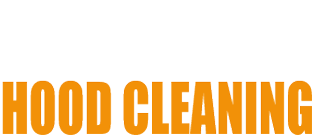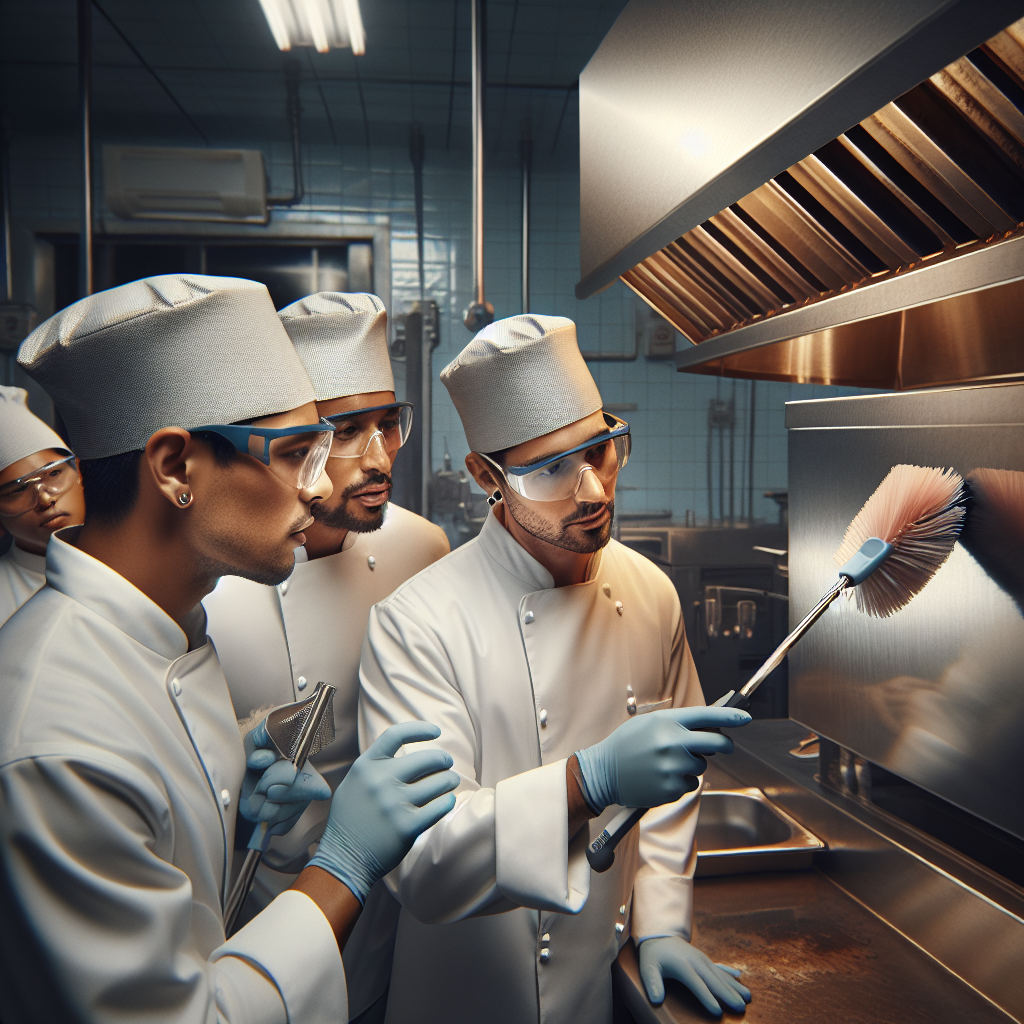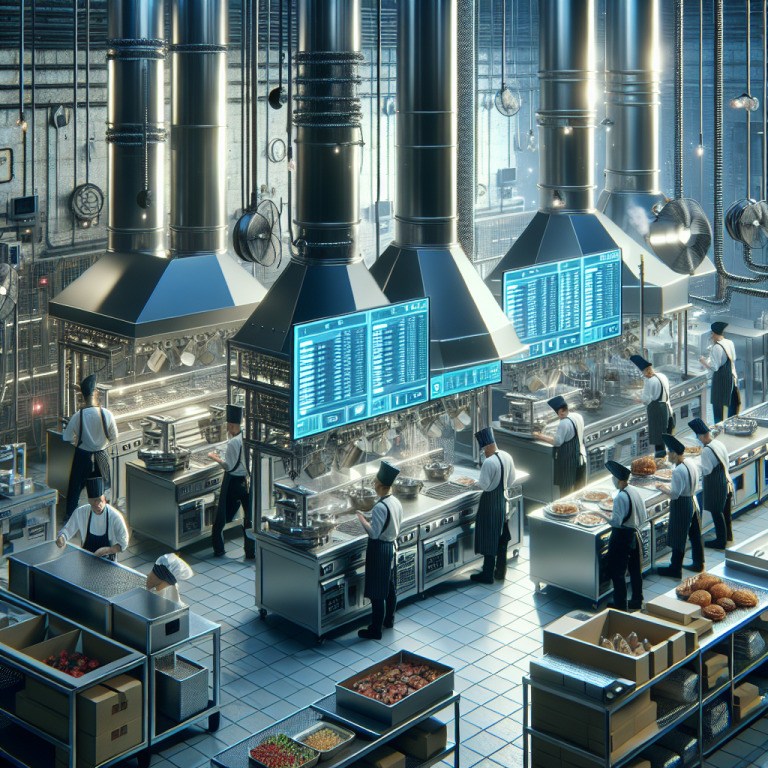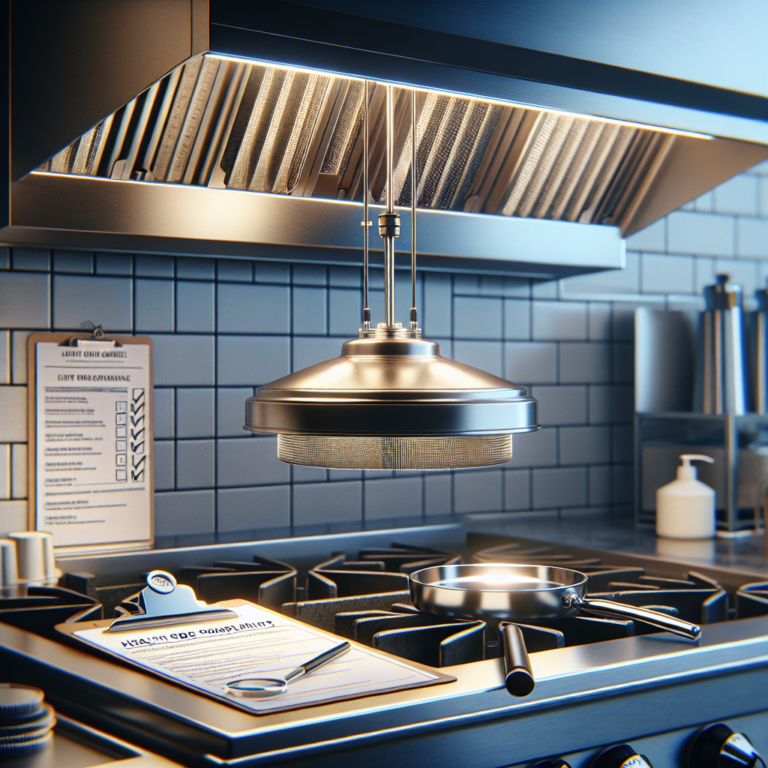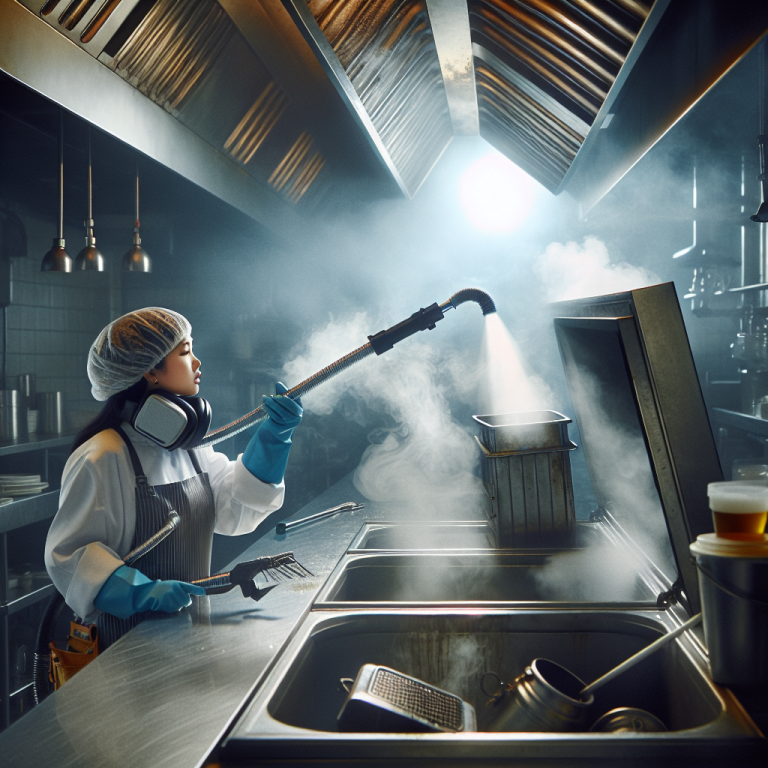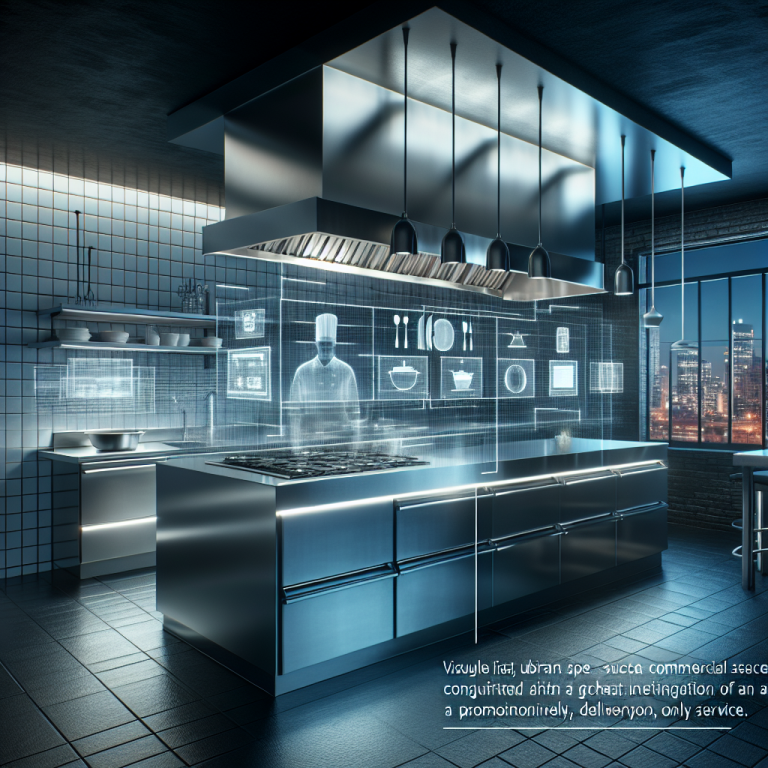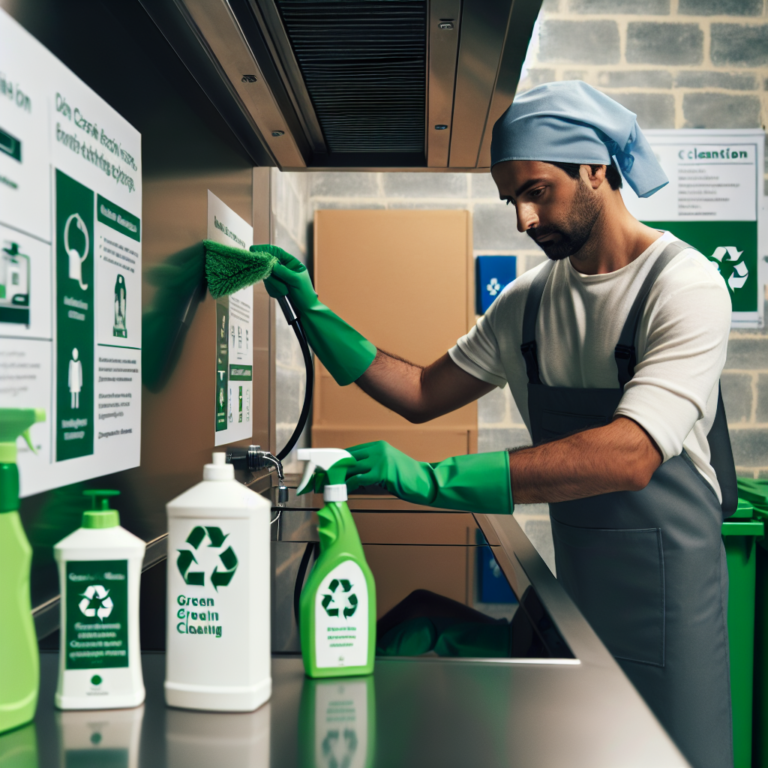Empower Your Employees with Essential Hood Cleaning Training Techniques
Understanding the Basics of Hood Cleaning
In the hustle and bustle of the foodservice industry, maintaining a clean and safe kitchen environment is paramount. One of the critical aspects of this maintenance is hood cleaning, which plays a vital role in keeping commercial kitchens safe and compliant with health and safety regulations. Without a proper cleaning routine, the risks of grease fires and health violations increase significantly. This article will guide restaurant owners and managers through the essential hood cleaning knowledge that every employee should be trained on, ensuring optimal restaurant hood cleaning practices.
Why Hood Cleaning is Essential
The kitchen hood, often called the exhaust hood, functions as the first line of defense against grease and grime buildup in commercial kitchens. It’s designed to capture airborne grease, combustion products, fumes, smoke, odors, heat, and steam. Consequently, the failure to maintain a regular and thorough exhaust hood cleaning schedule can lead to severe consequences, including:
- Fire hazards: Grease-laden vapors can ignite if not adequately cleaned, leading to kitchen fires.
- Health code violations: Dirty hoods can result in health inspectors shutting down operations, costing time and money.
- Reduced efficiency: Grease buildup can reduce the effectiveness of kitchen ventilation systems, leading to hotter and less comfortable working conditions.
The Importance of Employee Training
While hiring a professional Denver hood cleaning service is often necessary for deep cleaning, training your team on regular maintenance tasks can prevent the buildup of grease and grime, ensuring your kitchen remains in top condition between professional cleanings. Training employees on hood cleaning procedures can also provide the following benefits:
- Empowerment: Employees become proactive in maintaining the kitchen, feeling more invested in the operations.
- Cost Efficiency: Regular maintenance can extend the life of the equipment and reduce the frequency of costly professional cleanings.
- Safety: Well-trained staff are less likely to make mistakes that could lead to accidents or property damage.
Essential Hood Cleaning Knowledge for Employees
Understanding the Equipment
Before diving into the cleaning process, employees need to understand the basic components of the kitchen hood system, including:
- Hood Filters: These are the first things that air passes through, trapping large grease particles.
- Exhaust Ducts: Pathways through which air is expelled from the kitchen, which can accumulate grease over time.
- Exhaust Fans: Located on top of the building, these fans pull air through the ducts and out of the building.
Daily Maintenance Tasks
In between professional commercial kitchen hood cleaning services, employees can perform critical daily tasks to maintain cleanliness and efficiency:
- Wipe Down Surfaces: Using non-abrasive cleaners, regularly wipe down the exterior of the hood to prevent visible buildup.
- Check and Clean Filters: Inspect hood filters for grease accumulation. Depending on usage, these might need cleaning as frequently as once a week.
- Inspect Fan Operation: Listen for unusual noises or vibrations in the exhaust fans, which can indicate an issue needing attention.
Monthly Cleaning Routines
For tasks that go beyond daily maintenance, like deep cleaning filters or inspecting ducts for grease buildup, employees should follow these monthly routines:
- Deep Clean Filters: Soak filters in a degreaser solution and scrub thoroughly to remove built-up grease.
- Duct Inspection: Though a professional should handle duct cleaning, employees can inspect accessible areas for obvious grease buildup and report issues.
The Role of Professional Hood Cleaning Services
While regular maintenance by staff is essential, Denver hood cleaning professionals have the skills and equipment necessary to perform thorough and compliant deep cleanings. Professionals can access hard-to-reach areas, dismantle parts safely, and remove significant grease buildup that standard cleaning routines might miss. It’s always advisable to schedule professional cleanings every few months, depending on the volume of cooking and type of cuisine being prepared.
Ensuring Compliance with Regulations
Local health and safety regulations often dictate specific requirements for hood cleaning frequency and methods. Keeping up-to-date with these regulations and training employees accordingly helps maintain compliance and avoid penalties. Consult with a local Denver hood cleaning expert to ensure all protocols align with local laws.
Conclusion
Training your team on essential hood cleaning knowledge is not just about keeping your kitchen sparkling; it’s a critical component of safety and compliance in restaurant operations. By empowering your staff with the skills to maintain the kitchen hood system and partnering with professional services for deep cleaning, you ensure a safer, more efficient, and regulation-compliant kitchen environment. For professional hood cleaning expertise, consider reaching out to services like Denver hood cleaning for comprehensive support.
